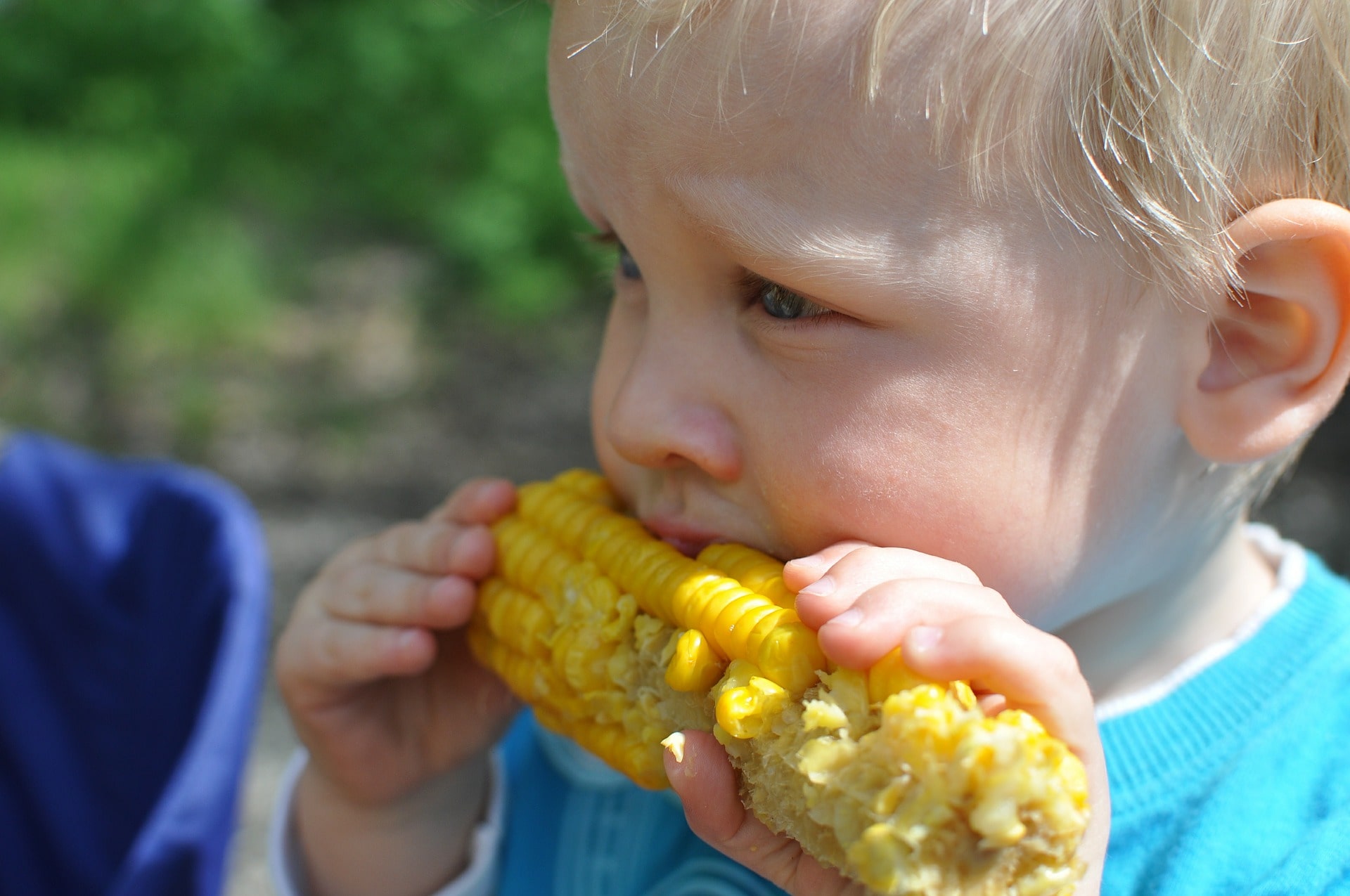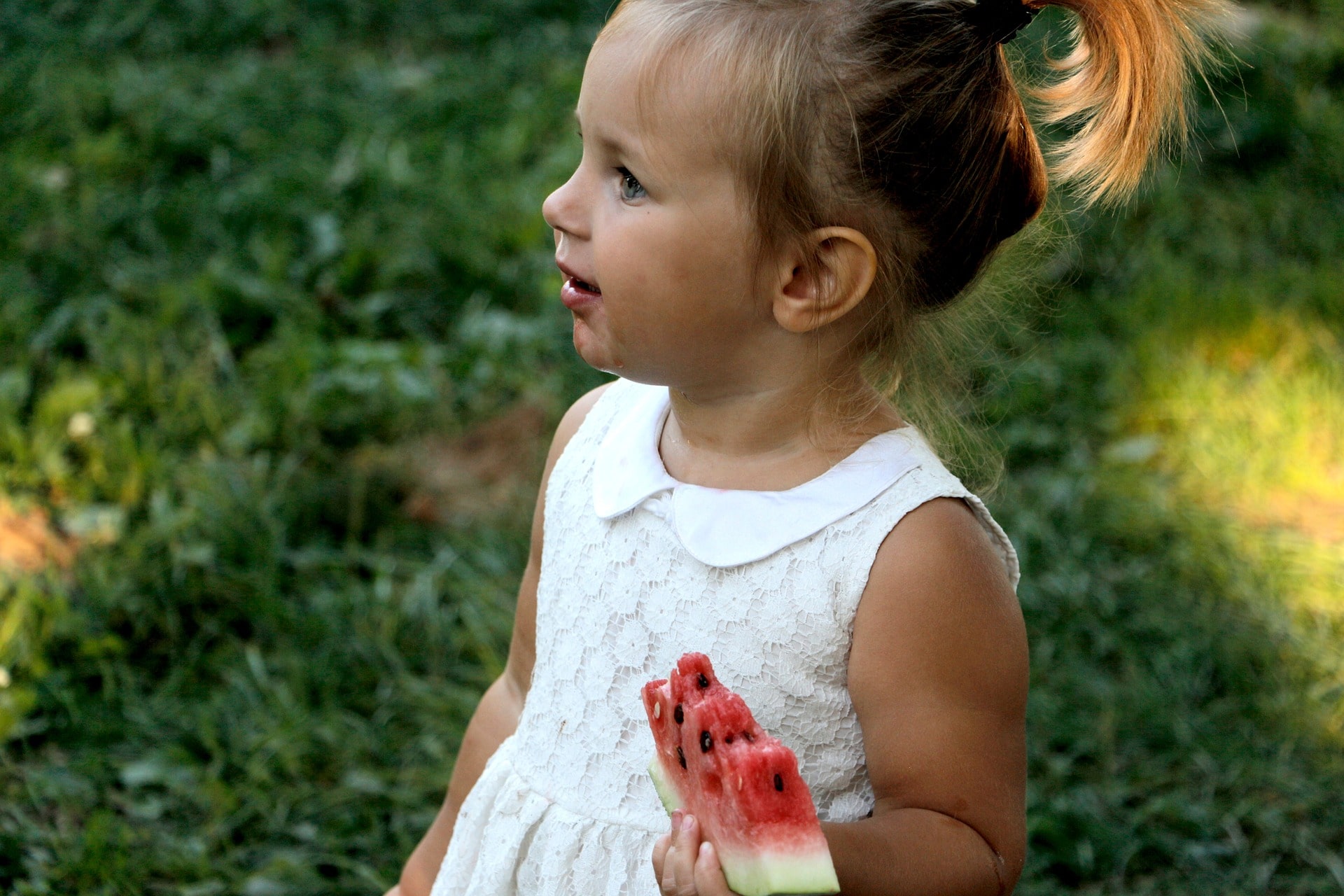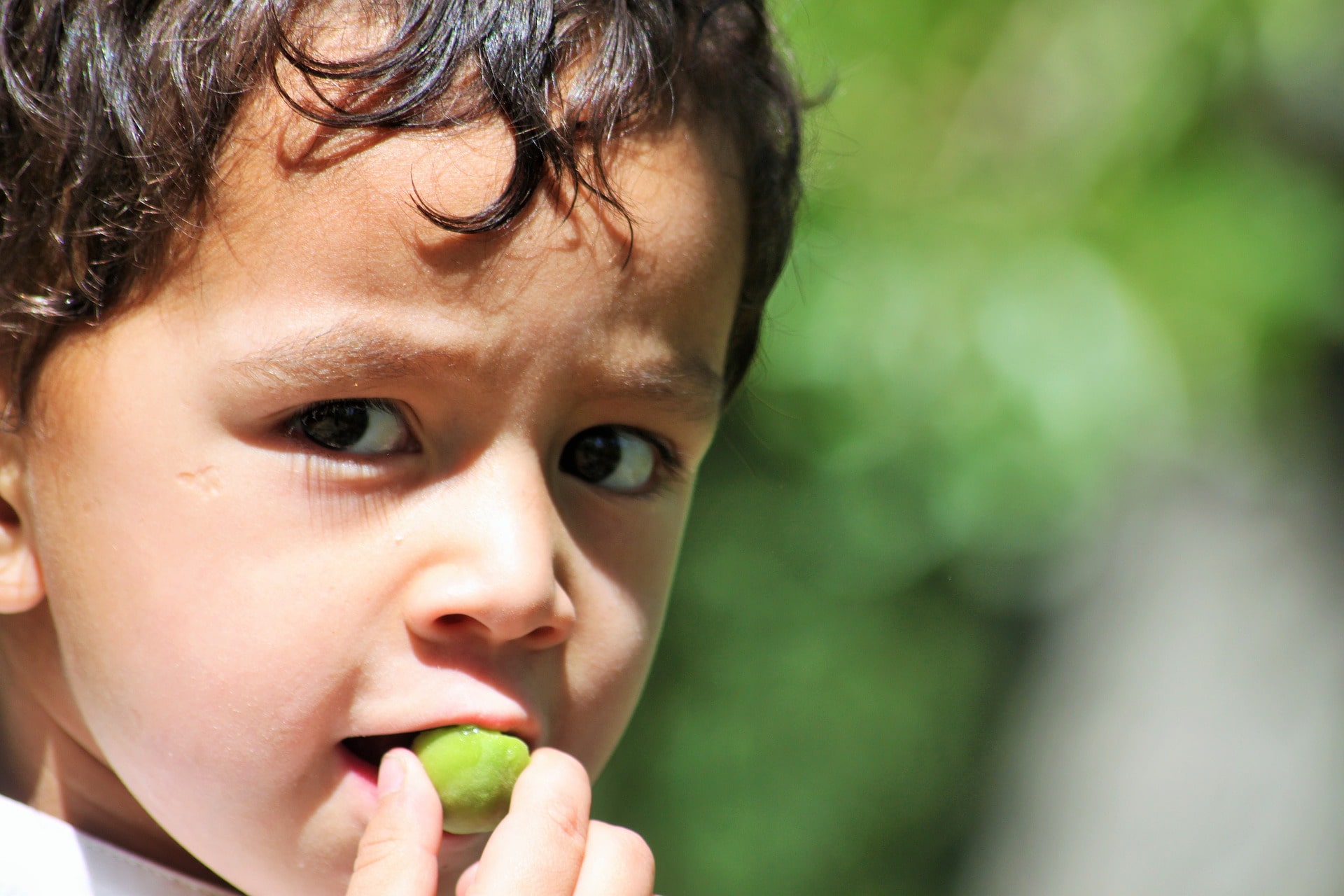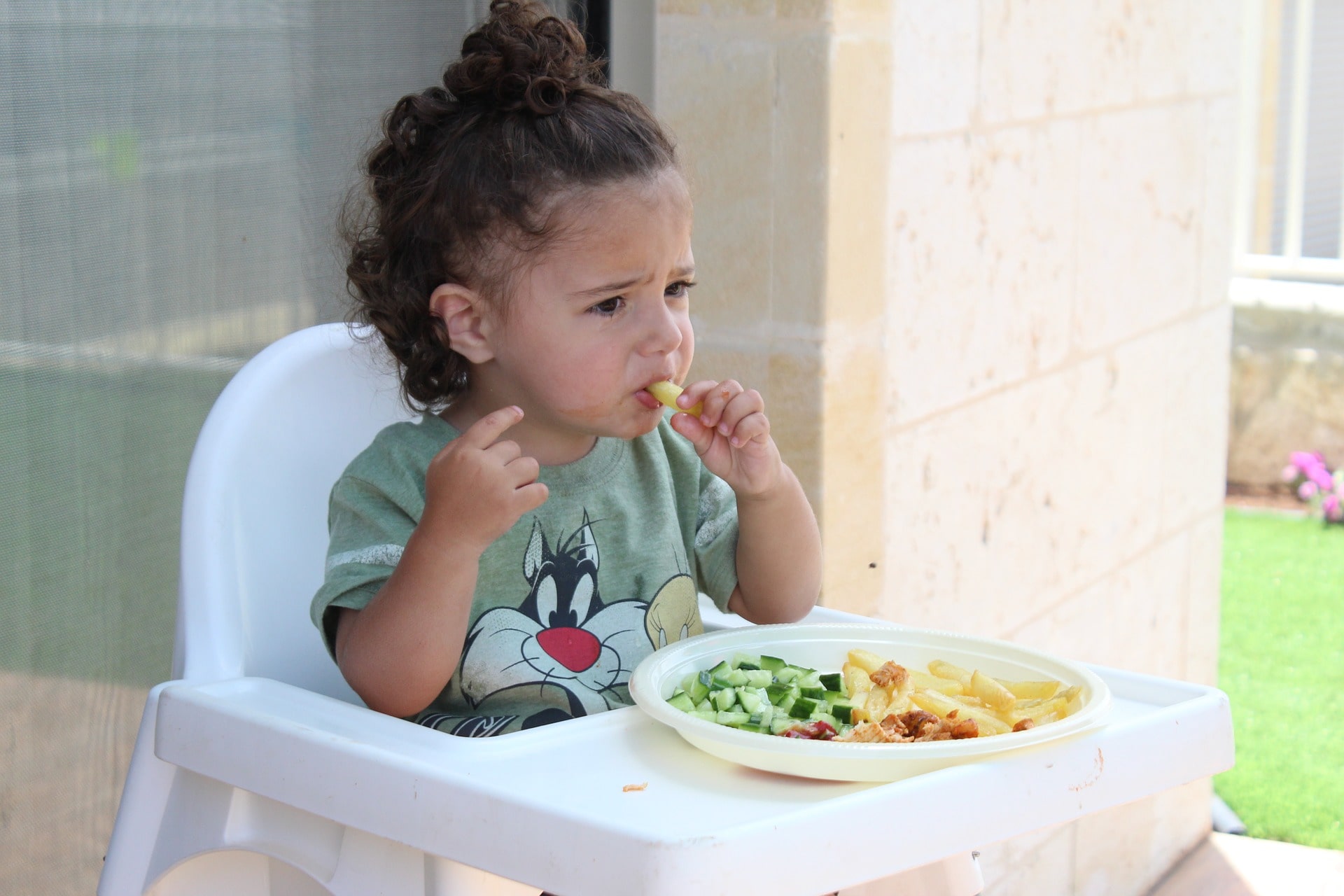Effective Tips for Easily Feeding Your Toddler
It’s natural for toddlers to develop newer eating skills after they turn two. Toddlers at this age can be quite erratic, loving food on any given day and just hating it the very next day. They might love a food when eating outside but won’t like it as much when you serve it at home. Many parents can get confused and frustrated but keep in mind this is a common eating pattern for active and healthy toddlers.
Because toddlers are rapidly growing, they need nutrients from every food group to ensure their good health and growth. The groups that are most important are fruits, vegetables, bread, and cereals for carbohydrates, meat, fish, chicken, eggs, milk, cheese, tofu, beans, and nuts for protein. Avoid no-fat dairy products for toddlers aged two and below. Low fat or reduced-fat products are the best options for them. When you plan a diet for your toddler aged two or older, be sure not to be restrictive. Make sure you include a wide variety of foods. Otherwise, it might limit the spectrum of what they eat. As a result, their energy and nutrients will be limited as well.
 Appetite and Hunger
Appetite and Hunger
It is very important to monitor your child’s appetite and hunger patterns to understand what their diet should be. A toddler’s appetite might take time to understand because their appetite is not something that is constant. It keeps changing. Different phases of growth and different activities tend to have great influences on their appetite.
For instance, they might have a large appetite during the day due to their activities which might transition into a small and picky appetite soon after. In that case, you have to pay attention to what you are serving for lunch. Because they are hungry during this time and have a good appetite, you have to try to serve them the most important meal of the day. If you are new to it and struggling to find lunch Ideas for toddler, you can search online. There are plenty that might help you. In the evening toddlers tend to be tired and not hungry. So that’s not the time to serve them something too heavy. Try to go for something light and easy to eat.
Irregular appetite and hunger patterns are something that a lot of children are suffering from. Not only does it hamper a child’s overall growth and development, but it also makes them low on energy and lethargic as well. If your child is showing these symptoms, try to identify the problem and take the necessary steps to help them develop a proper pattern.
There are many factors that might be affecting your child’s overall appetite and hunger patterns. One of them is drinking too many liquids. This is something most parents go wrong with. If kids fill themselves up with too many drinks, especially sweet drinks or milk, it is very normal for them to not be as hungry as they should be. These drinks tend to fill them up without offering many nutrients.
The next reason is simply not liking what is served. We all know kids can be picky when it comes to food. If they don’t like something, they won’t eat it no matter what. They quickly lose their appetite if they are forced to eat something they don’t like. This might be the reason your toddler is saying they are not hungry. Try to take special note of how you serve food to your toddler. If the food looks good and inviting, they will automatically gravitate towards it and want to eat it.
Another possible reason for your child not eating could be snacking too frequently. Kids tend to like snacks more than actual meals. Paying attention to their snacking patterns is a must, as they are not the healthiest. Not only do they come with their own unhealthy ingredients, but they also kill a toddler’s appetite. Snacking too frequently curbs one’s hunger. It makes you feel full without really having much. As a result, toddlers will miss out on many essential nutrients; this problem can be minimized by serving more nutritious snacks.
Food Refusal
Most parents are familiar with this problem. Toddlers refusing to eat or having tantrums while eating is a big obstacle to their growth. Toddlers need to be handled with care, so force-feeding is not an option. In most cases, you can encourage them to balance food intake and activity and they learn it pretty quickly. But make sure not to take it to the extent where it seems like you are forcing them, as that is extremely harmful. It creates a fear in their mind about feeding time which later affects their eating habits.
In some cases, the child may refuse to eat simply because they don’t like the food. Try to provide them options. Let them choose from a variety of healthy and nourishing options by themselves. Because they are choosing it by themselves, it will spark some interest in them about the food. If possible, offer them the same food everyone else in the family is eating. Children like imitating so while they might not want to eat when they are served alone, they might eat without complaining when everyone else is eating the same thing.
In other cases, the food might not be the reason your child is refusing to eat. Some parents let them watch TV or play video games as they eat. This divides their attention and distracts them from eating. Try to avoid distractions while they eat. Chatting would be the best option because it won’t distract them as much.
Make Meal Times Exciting
As mentioned before, watching TV or playing video games is not ideal while eating. It distracts you from food and makes you lose appetite. Chatting while eating is fine. However, if your child is not invested in eating or doesn’t want to sit at the table without watching TV or playing games, you can introduce some fun activities with food to hold their attention.
Especially with older toddlers, these activities will help them learn about food and nutrition. This might encourage them to eat healthily. You can even let your children help you with basic food preparations. This will help them grow interested in food. You can ask them to help you wash fruits and vegetables, making sandwiches or salads, etc.
While they help you, talk about all the nutrients you might get from each food item and mention their potential benefits. Help them memorize the names of different fruits and vegetables. You can even help them explore different colors and shapes through them. Teach them the basic steps of food hygiene and Let them participate and develop skills like cutting, pouring, and stirring.
Healthy Snack and Drink Ideas
Because toddlers need food after short intervals, they need to get snacks in between meals. Let’s be honest: they tend to be more excited about snacks than actual meals. So avoid providing them store-bought snacks and make the snacks healthy, nutritious, and interesting. Some easy yet nutritious snacks are biscuits, scones, dips with biscuits or vegetable sticks, muffins, fruit loaves or bread, fresh and dried fruits, crackers, and fruit yogurts.
Drinks are very important for toddlers. With hyperactive toddlers, making sure they are hydrated can be tough especially because they are not very keen on drinking water. In that case, providing them with various drinks can compensate. On the other hand, for younger children, drinks can replace snacks if they are too busy or their appetite is small.
The drinks can be chosen according to your kids’ preferences. However, sugary drinks or fizzy drinks are to be avoided as they can make toddlers hyper. Milk is the best option here. It is a great source of protein and calcium which is essential for your toddler’s growth. Apart from milk, you can provide them fresh fruit juices.
To Sum Up
Handling toddlers is not something easy to do, especially making sure they are developing healthy eating habits. It takes a lot of patience and time, but they will surely learn. So be sure to keep your cool and keep trying.

 Appetite and Hunger
Appetite and Hunger 


